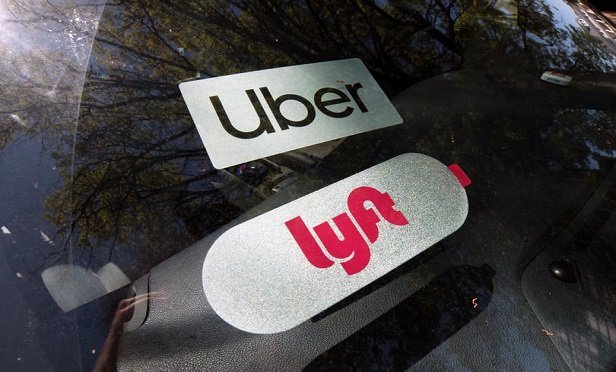 "The growth of the sharing economy, a system in which assets or services are shared between private individuals, has been relentless, and it has shaken up the way the insurance industry has traditionally understood liabilities," GlobalData said in a release.
"The growth of the sharing economy, a system in which assets or services are shared between private individuals, has been relentless, and it has shaken up the way the insurance industry has traditionally understood liabilities," GlobalData said in a release.
In recent years, companies like Uber, Airbnb, and Postmates have changed how society operates in more ways than one. Beyond providing new means of employment, the sharing economy has also presented new, unique risks to individuals and businesses. Insurers now must innovate and adapt products to the quickly evolving sharing economy — and if they succeed, it can be a business game-changer.
Recommended For You
Want to continue reading?
Become a Free PropertyCasualty360 Digital Reader
Your access to unlimited PropertyCasualty360 content isn’t changing.
Once you are an ALM digital member, you’ll receive:
- Breaking insurance news and analysis, on-site and via our newsletters and custom alerts
- Weekly Insurance Speak podcast featuring exclusive interviews with industry leaders
- Educational webcasts, white papers, and ebooks from industry thought leaders
- Critical converage of the employee benefits and financial advisory markets on our other ALM sites, BenefitsPRO and ThinkAdvisor
Already have an account? Sign In Now
© Touchpoint Markets, All Rights Reserved. Request academic re-use from www.copyright.com. All other uses, submit a request to [email protected]. For more inforrmation visit Asset & Logo Licensing.







